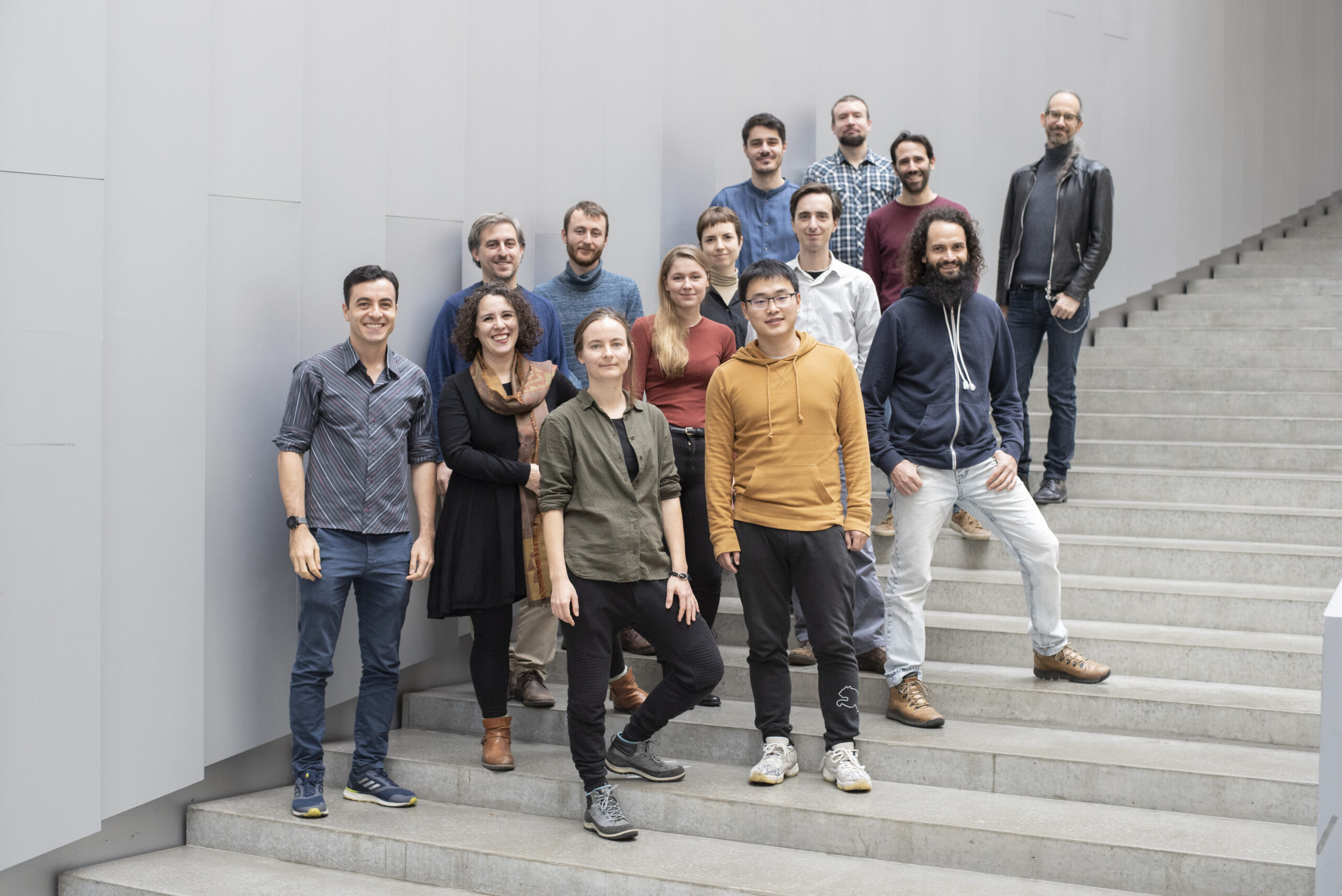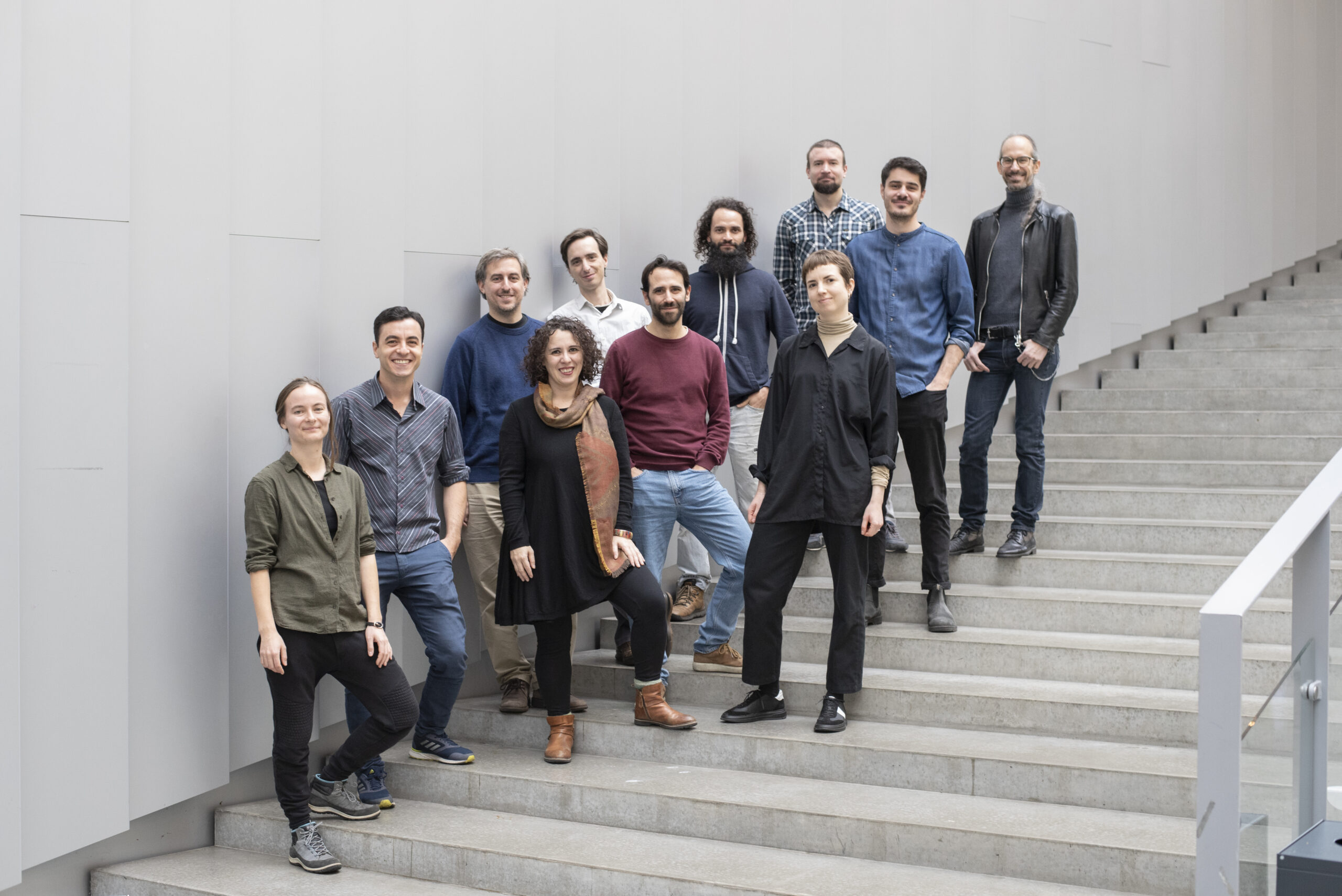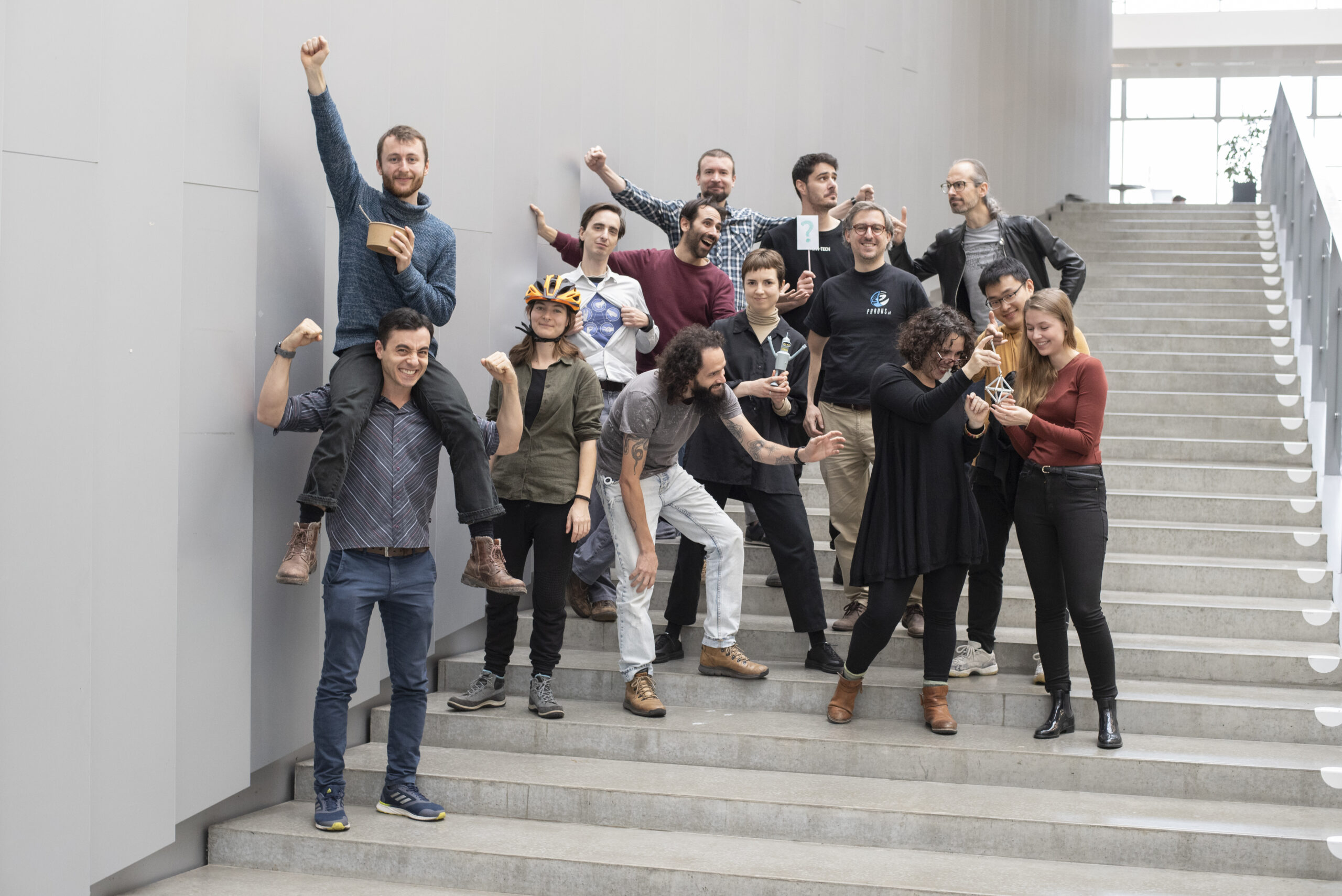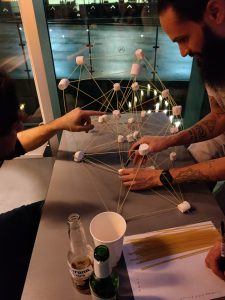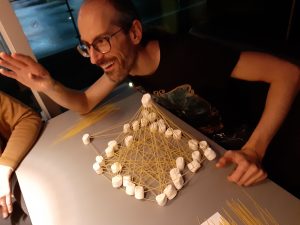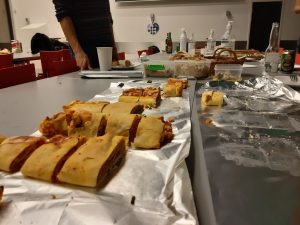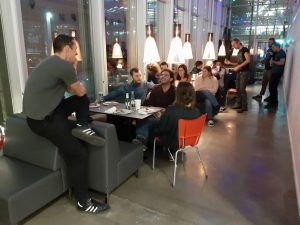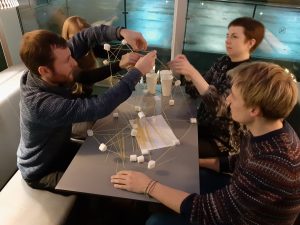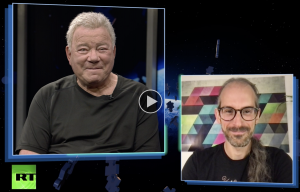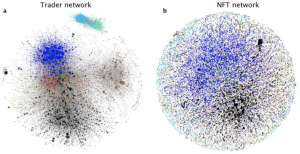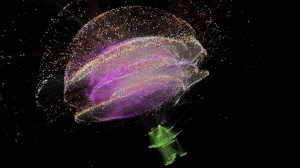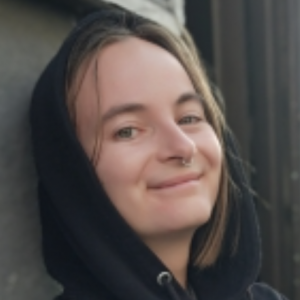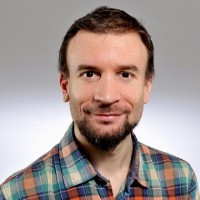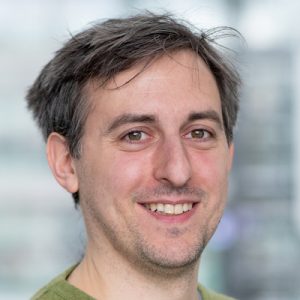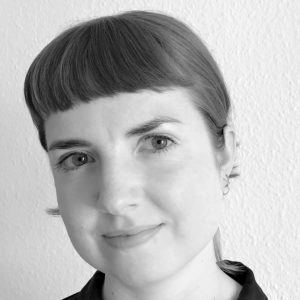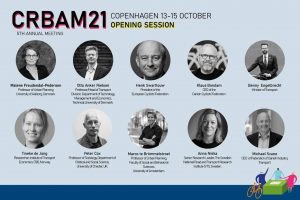Happy new year! 🥳
We are thrilled to welcome Ane Rahbek Vierø to our research group!
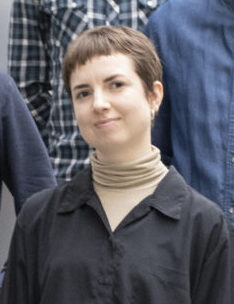 Ane joins us as PhD student for 3 years, funded by the Danish Ministry of Transport for an application which she authored, supported by her new supervisor Michael Szell. She completed her Master’s degree in 2020 from Lund University on a thorough analysis of Copenhagen’s bicycle network, and has been working since then as research assistant at Aalborg University. Her background is in Geographical Information Science which is a great complement for our existing NERDS expertise. She is also well connected in the Danish cycling research community, having co-organized the recent CRBAM21, which will additionally strengthen our research group’s connections within Denmark.
Ane joins us as PhD student for 3 years, funded by the Danish Ministry of Transport for an application which she authored, supported by her new supervisor Michael Szell. She completed her Master’s degree in 2020 from Lund University on a thorough analysis of Copenhagen’s bicycle network, and has been working since then as research assistant at Aalborg University. Her background is in Geographical Information Science which is a great complement for our existing NERDS expertise. She is also well connected in the Danish cycling research community, having co-organized the recent CRBAM21, which will additionally strengthen our research group’s connections within Denmark.
Given her professional expertise in bicycle network analysis, her GIS background and procedural approach via Python, and her past experience – such as an internship in the cycling development team of the municipality of Copenhagen – she is the perfect person to undertake this ambitious PhD project: Network analysis of the Danish cycling infrastructure.
Together with our PhD student Anastassia, who works on a very similar topic and who also joined recently, we anticipate an increasing output in cycling research in the coming years. Our goal is not just producing research papers, but more importantly to improve the Danish cycling landscape locally, and to provide general insights and methods towards a modal shift to sustainable transport on the global level.



